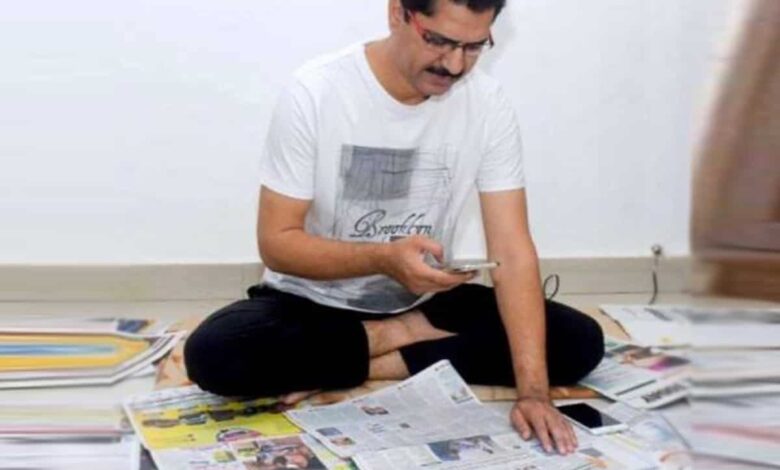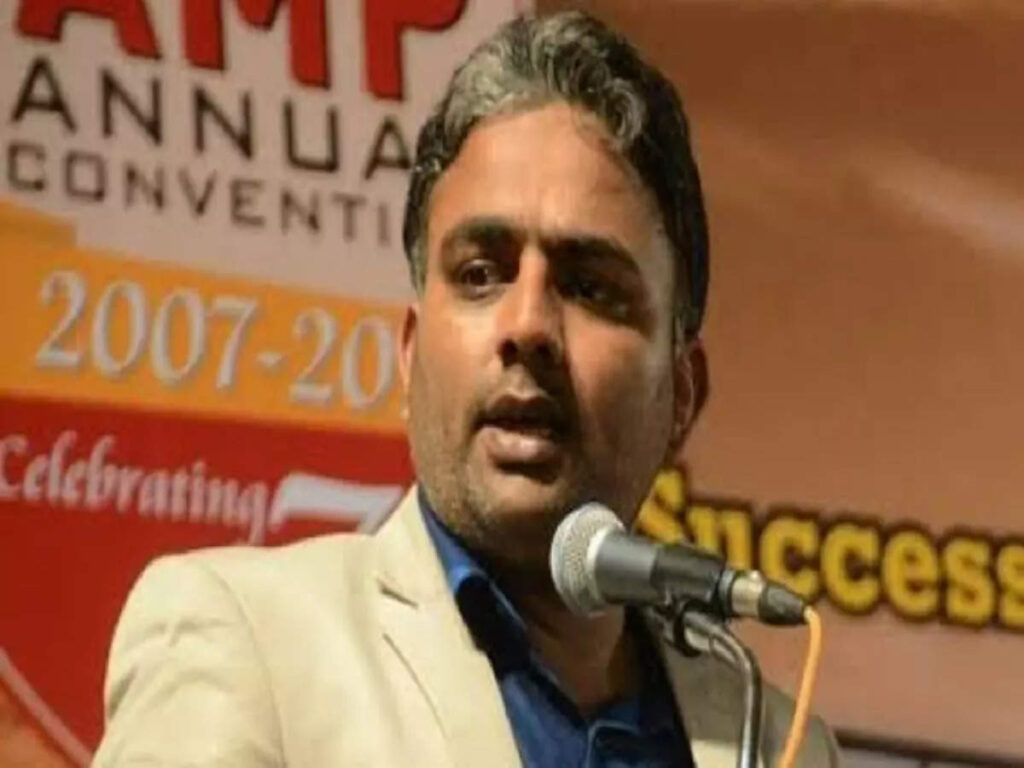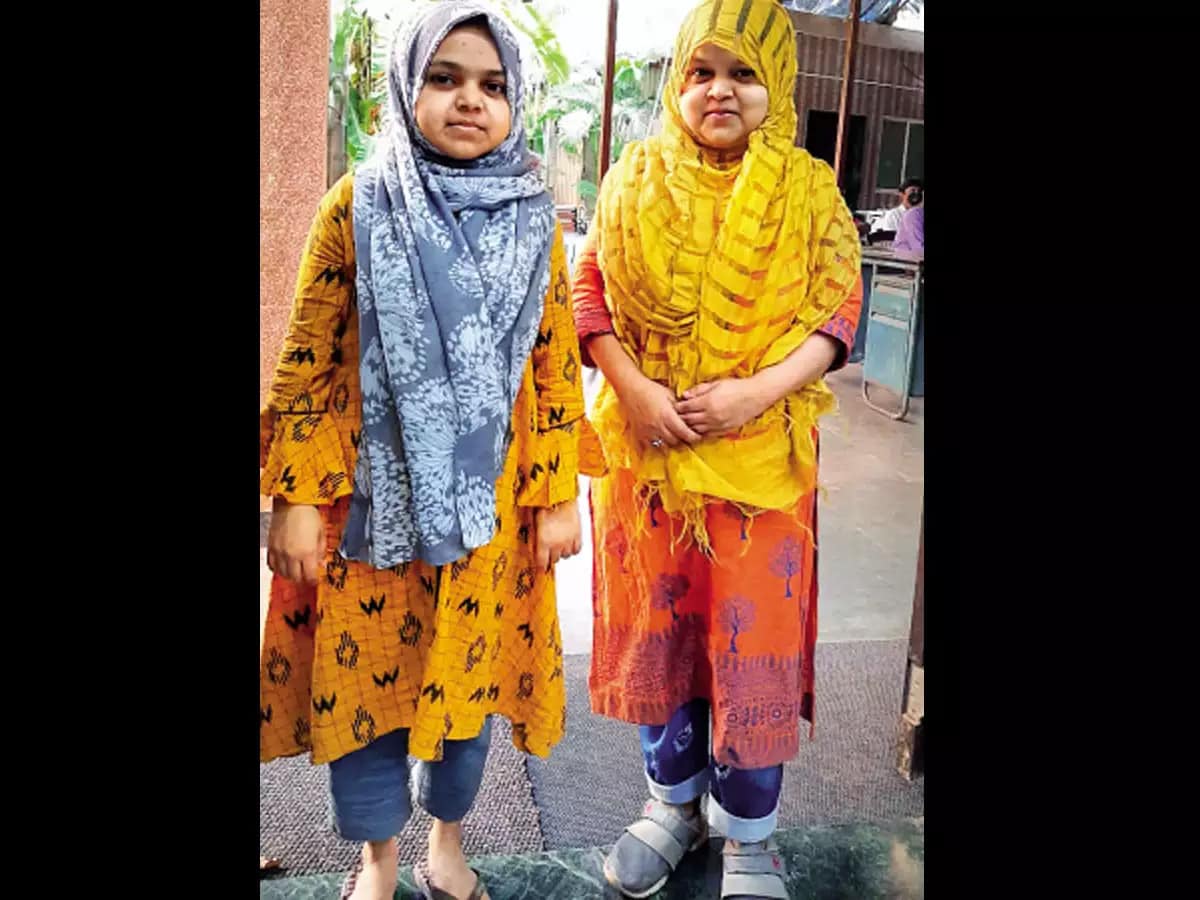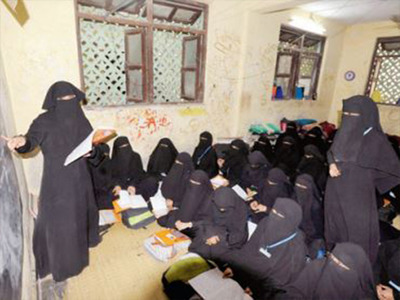Mumbai, MAHARASHTRA:

Muslim girl aspirants of civil services have just got a reason to rejoice. The Fatimabai Musa Patel Competitive Examination Training Centre for Women (residential and non-residential) at Mohammed Ali Road, opening this week, fulfils an old need of the community.
Initially accommodating 20 residential and around 30 non-residential candidates, the Centre helps give wings to many girls who aspire to become civil servants and want to give the tough IAS and provincial services exams a shot.
“The need for a proper place exclusive for the girls who want to prepare for UPSC and MPSC exams has been felt for a long. Some like-minded people have joined hands to prepare this facility,” said former MLA Bashir Musa Patel who owns this place and has dedicated it to the memory of his mother Fatimabai.
Though Patel and a few other good Samaritans came forward to create this Centre, the motivating force is former CEO of Haj Committee of India and ex-registrar, Mumbai University, Dr Maqsood Ahmed Khan. With experience of mentoring civil services aspirants at the Haj House’s coaching centre, Khan was suited to show the path here too. “They roped me in to do honourary mentorship here. We have already selected candidates. Initially most of the candidates are those who previously appeared for the UPSC entrance examinations but didn’t succeed and wanted to prepare again,” said Khan.
On Friday, the Centre’s director Zubia Shaikh, through a power-point presentation, explained the abysmal low representation of Muslims in the civil services. According to the Sachar Commission Report, the representation of Muslims in the civil services is only 3%.
“This Centre will propel girls to reach their goals. Even if some don’t succeed in these tough examinations, the very dream and preparations will equip them to face challenges in life,” said Shaikh.
Two candidates who cracked UPSC exams last year and were allotted IPS cadre-Mavis Tak and Tahseen Banu Dawadi-too addressed the small gathering virtually. Both are preparing again to upgrade their UPSC ranks.
“The facility created here for the girls is very important. It is not possible to prepare for this examination at home as you need the right environment, guidance, mentorship and company of fellow aspirants,” said Tak who graduated from Mira Road-based Royal College.
Soon after Tak, daughter of a freelance translator cracked the UPSC exams, several organisations and individuals, including Mira Road based ex-MLC Muzaffar Hussain and Royal College, felicitated her and her parents. In her interview to TOI, she had said that her father was the main motivating force as he had dreams of becoming an IAS. “He wanted me to achieve what he could not,” Tak had told TOI.
Hijab-wearing Dawadi comes from Karnataka and said that hijab was no hindrance to education and qualifying for the UPSC. Ayesha Kazi who is awaiting her UPSC final results this year said a centre like this where girls felt secured, confident and comfortable was needed to encourage others to aim for a career in civil services.
The Centre is getting community’s applause. Philanthropist Kaderbhai Fazlani lauded the amenities.
“The densely populated Muslim pockets in the city do not have enough facilities for students, especially girls, to concentrate and study for UPSC exams. More such centres are needed at different pockets in the city,” said businessman Sabir Nirban.
source: http://www.timesofindia.indiatimes.com / The Times of India / Home> News> City News> Mumbai News / by Mohammed Wajihuddin, TNN / February 26th, 2023












